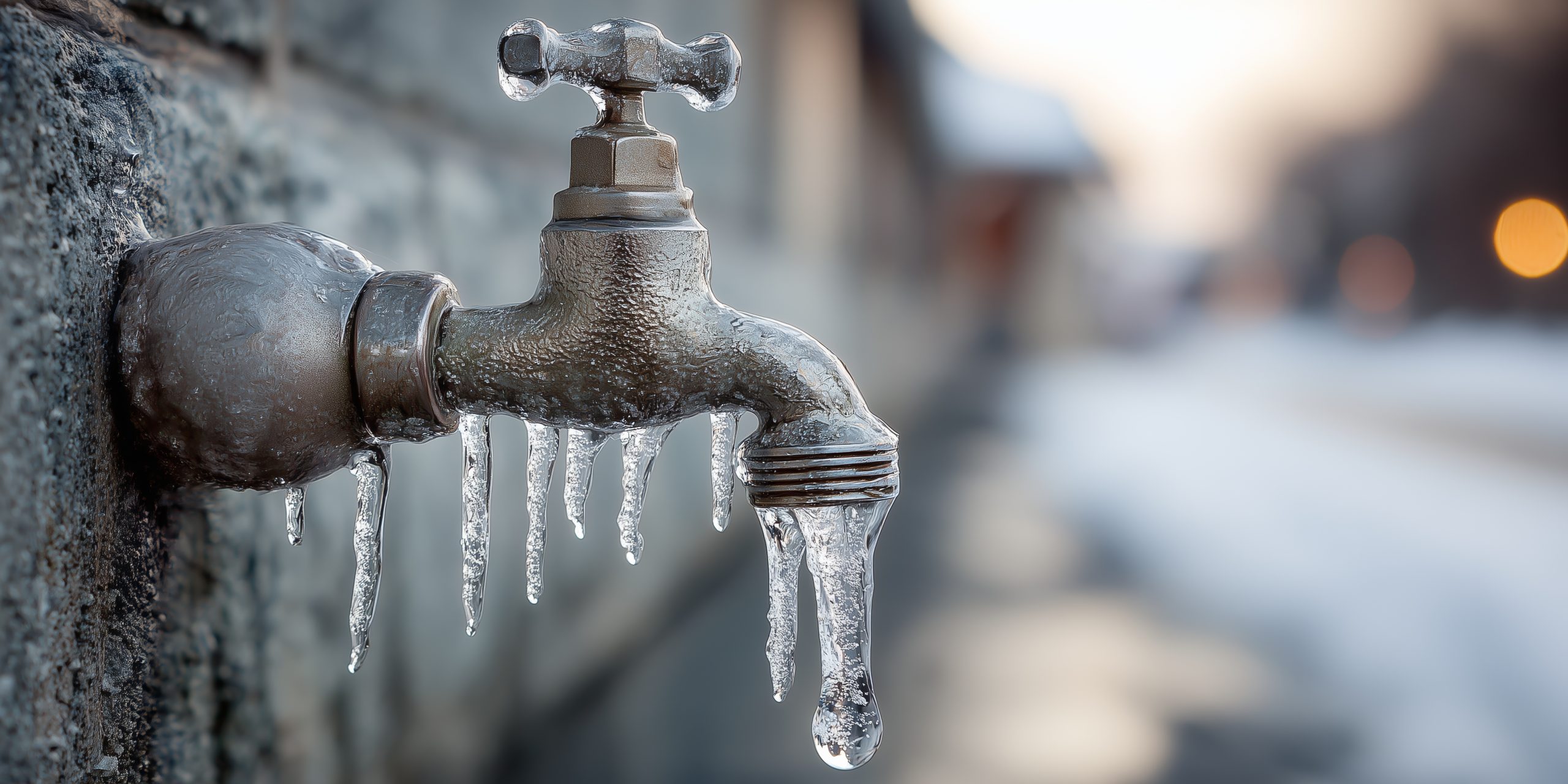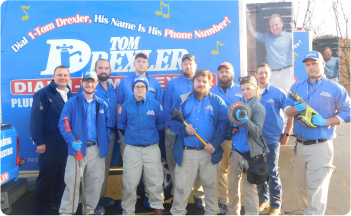Choosing a tankless or traditional water heater
When to go tankless
Did you know that heating water is responsible for up to 30% of the average household’s energy costs? When you look at it that way, picking a water heater is definitely a big decision that will have ongoing results! One type of water heater that’s become popular in the past few years are tankless water heaters, but they’re not the right choice for everyone. So should you take the plunge and go tankless?
What’s the difference?
Tankless water heaters heat water by passing cold water through a pipe into the water heater where it’s heated quickly by a heating element, instead of a storage tank that is filled with hot water. Instead of using energy to have hot water constantly available in the storage tank, you have hot water on demand by only heating up what is being used immediately. For more information on how different water heaters work, check out the infographic published by energy.gov. Consumer Reports published a helpful diagram of what a tankless model looks like. Usually the rate of water flowing out is 2-5 gallons per minute, but there’s a difference whether you have a gas or electric water heater.
What should I consider?
- The amount of water your family uses: There’s a limited flow of hot water when you choose tankless, so multiple uses of hot water at once probably won’t work- so no running the dishwasher while someone is trying to take a hot shower.
- Number of water heaters: Because of the limited flow, you may wish to have multiple heaters installed, or even appliance-specific heaters
- Type of energy: You can choose gas or electric
- Cost: The initial cost of tankless water heaters is higher than the traditional water heater, but they do last longer so you shouldn’t have to worry about replacement for 20+ years.
- Location: Groundwater temperatures actually affect the flow from a tankless water heater, so a location with warmer groundwater will have a higher flow than a cold one. Check the Consumer Reports page for more information.
- Installation: You’ll need an experienced installer when you’re switching from a traditional to a tankless water heater. Check with a reliable company that has trained and certified technicians, and guarantees list like that of Tom Drexler Plumbing
So what are the pros and cons of switching?
Pros:
- Qualify for rebates when you switch, possibly saving hundreds of dollars
- Save money in energy costs by heating water only when and if you use it
- No more worry about being the last (cold) shower
- Save space
- Have a water heater that lasts 20+ years
- You won’t ever have a leaking water tank
Cons:
- Higher upfront costs
- Limited flow means multiple uses at once are problematic
- Energy savings might not make up for high cost
- Colder groundwater reduces the rate of flow
- DIY installation isn’t a good idea
- Cold water already in pipes will be pushed out before hot water comes out
- Easy to choose the wrong size, you will want to find a plumbing company that will assist in the process and let you know what the options are
After all, the biggest thing to remember is that regardless of what you choose, make sure you do the research and ask questions before your current water heater stops working!







